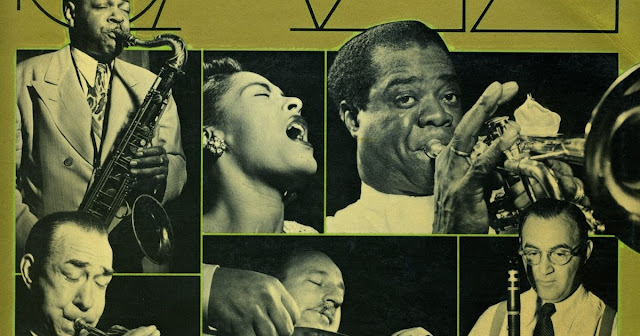Handling Personality Changes in Seniors
Aging is another stage of life, just like childhood, adolescence, or adulthood. The effects extend to all aspects of one's life, including physical health, mental performance and intelligence, relationships, behavior, and personality. While these effects are often negative, a supportive caregiver will enable seniors suffering from the adverse effects of aging to thrive despite their ailments.
Signs of Personality Changes in Seniors
You may first notice your loved one has difficulty remembering things as well as they used to. They may still be mentally sharp, but recalling information may take them a bit longer than before.
It is common for seniors to experience increased difficulty in mundane and everyday activities. Senior Home Care Prescott Additionally, your senior loved one can also be more angry and irritable. Kind, caring people may become belligerent, and those who were once energetic can turn apathetic and bored. Such things can be a result of the aging process, dementia, or death of their loved one. may also experience more confusion, a decrease in their attention span, and difficulty acquiring and retaining new information.
A typical personality change in seniors is depression. They may become depressed due to the mental and physical effects of age, or a death of their loved ones or spouses.
Seniors who have had strokes can experience a vast array of problems, such as depression, severe cognitive impairment, anger and empathy problems, and other personality changes such as passivity, irritability, and apathy.
Coping Effectively
Patience is key. Your loved will take longer to think and process even basic tasks, and they may need help getting around. Every job will come with more time and tedium.
A common theme in those dealing with personality changes in their loved ones is the feeling of loss and grief. The person they knew so well before now seems like a stranger, changed completely by the effects of aging. After a loved one's personality seems as if it has taken a complete 180, it is not abnormal to feel like they are gone forever.
On occasion, the loved one may show signs of improvement. They will have moments where they return to their former self. However, these often do not last for long, so it is best to enjoy these precious moments while the time is ripe.
Your senior loved one will often feel anger and sadness over their loss of independence. The best way to handle this is not to be overbearing. Give them a chance to handle things on their own. In most situations, wait until they ask for your help before intervening. Forcing your way into a situation can make them feel incompetent and thus resentful.
It is a hard battle, but you can help your loved one thrive. Even if they behave otherwise, they will appreciate your efforts to help. If you can cope with the effects of your loved one's aging on you, you can also aid your loved one.



Nice blog dear home care giver is one of the best choices for elder care.
ReplyDeletei was diagnosed of parkinson disease 5 years ago,i started azilect,then mirapex as the disease progressed in february last year,and i started on parkinson disease Herbal medicine from ultimate herbal home,few months into the treatment i made a significant recovery,almost all my symptoms are gone,great improvement with my movement and balance,it been a year and life has been so good for me,contact them at ultimatehealthhome@gmail.com
ReplyDelete